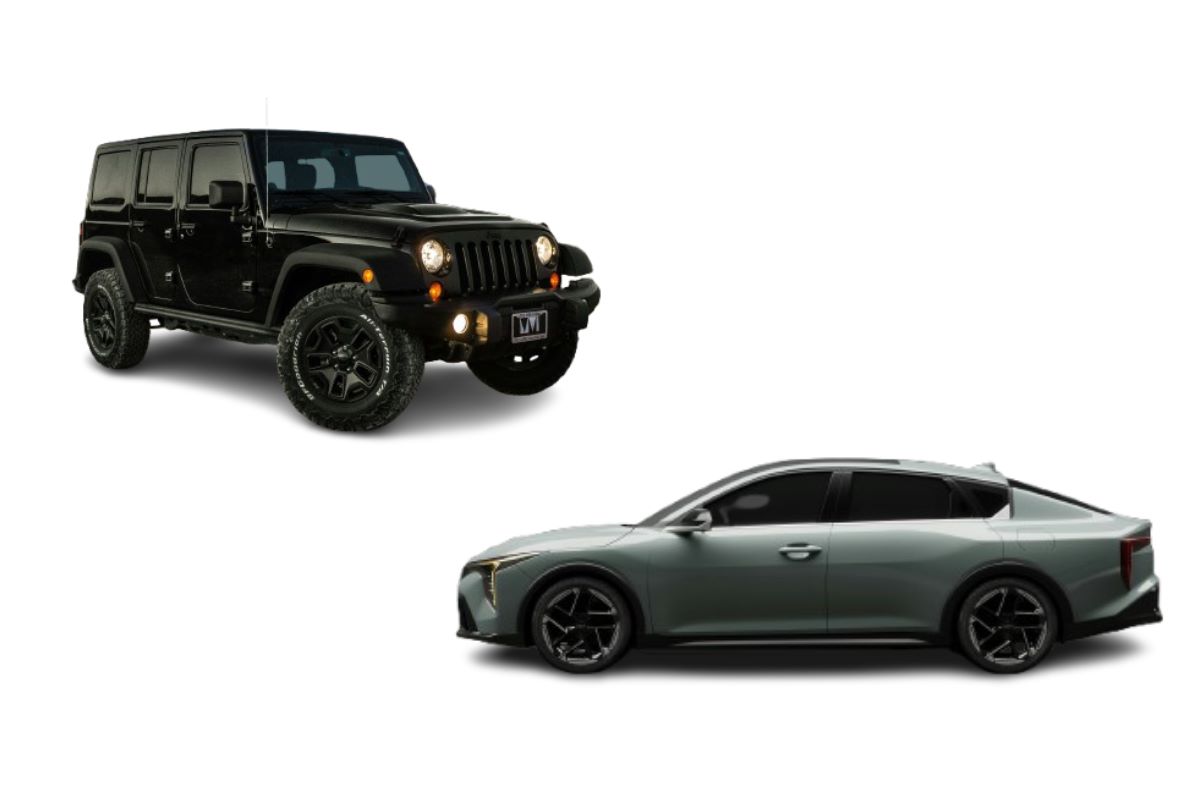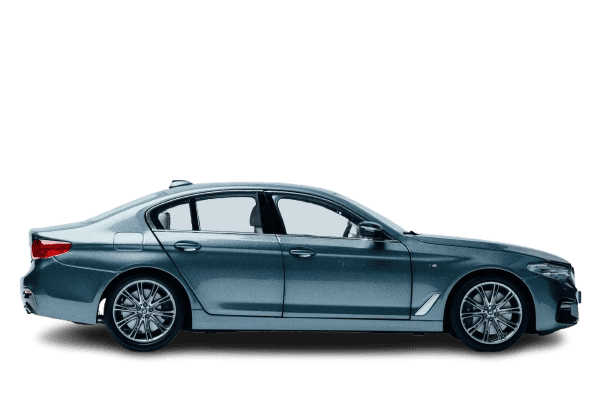9000+ Cashless Garages
1.2 Cr+ Policies Sold

9000+ Cashless Garages
1.2 Cr+ Policies Sold



Car insurance Online, Up to 90% Discount
It's a Brand New Car

Choosing between a sedan and an SUV is often a daunting task. Both types of vehicles possess their unique advantages. However, knowing your needs and lifestyle is crucial to making choices efficiently.
Sedans have an edge with stunning looks, good fuel mileage, and ease of handling, while SUVs are built with higher ground clearance, are a bit taller for a driver when seated, and offer more freight space. This comparison guide of sedan vs SUV will help you decide on the best type of vehicle for your everyday needs and wants.



Sedans are passenger-car models characterised by low ground clearance and a sleek, three-box design with separate bays for the engine and cabin, along with a trunk. They are designed for comfort and aerodynamics, which is why they are popular in the city, where professionals often drive them.
Key characteristics of sedans include the amount of fuel consumed and the high-quality handling. This results in a lower centre of gravity, enhancing stability.

SUVs, an abbreviation for Sport Utility Vehicles, offer consumers both the punch of off-roading and the ease of transportation for their families. Boasting higher clearances, they provide a durable structure and larger internal space while serving as utility vehicles for various purposes on different surfaces and activities.
It appeals due to its rugged road handling conditions and ample passenger and cargo space. Whether going up or down hills or loading the car for a long road trip, one can enjoy a safe and comfortable journey in an SUV.
When choosing between a sedan and an SUV, there are certain factors to consider. The two differ in design, functionality, performance, and price.
Performance and efficiency are the most crucial factors in selecting a car. Both sedans and SUVs have different strengths in this direction for other customers.
The most crucial concern when choosing a car is safety. Both sedans and SUVs are equipped with the latest safety features, but their performance may vary in given situations.
Cost is one of the most critical factors that any car buyer considers. Comparing upfront and long-term ownership costs will help determine the best option.
When choosing a sedan, weigh the pros and cons. Here are the main benefits and drawbacks of owning a sedan:
SUVs have grown popular due to their rugged offers, cross-functionality, and many features. It entails spacious areas, high ground clearance, and the capability to drive off-road, making them suitable for various driving conditions and lifestyles. Key benefits and drawbacks of the SUV include:
Consider your specific needs and lifestyle when choosing between a sedan and an SUV. Sedans are typically more fuel-efficient, agile, and comfortable, making them ideal for metropolitan driving or daily commuting. Lower operating costs and improved handling make them attractive to individuals seeking maximum driving efficiency and comfort.
However, an SUV is often a better choice for large families seeking spacious passenger and cargo areas, as well as increased driving visibility. An SUV's family-friendly perception appeals to outdoor enthusiasts or anyone who needs towing capability.
However, you must realise that these types of vehicles are quoted to have higher fuel consumption and maintenance costs. You should weigh all those considerations, such as passenger needs, driving environment, and budget.
Sedans are more environmentally friendly than SUVs because they weigh less and consume fewer gallons of fuel. Here is a table outlining the environmental impact of each:
Every buyer's needs differ due to regional tastes, emerging trends and lifestyle demands. Only when one knows these points can one determine whether or not the car fulfils personal demands. Here are key factors to consider:
In conclusion, choosing between a sedan and an SUV depends on lifestyle, driving needs, and budget. Sedans are the perfect vehicle for city driving; they are stylish and easy to manoeuvre in congested areas. SUVs, in contrast, are rugged and spacious and have an excellent road presence.
Both have their pros and cons, ranging from safety and comfort to economic and environmental impact. Determining your priorities, driving habits, and long-term objectives can help you choose the right vehicle for your needs.